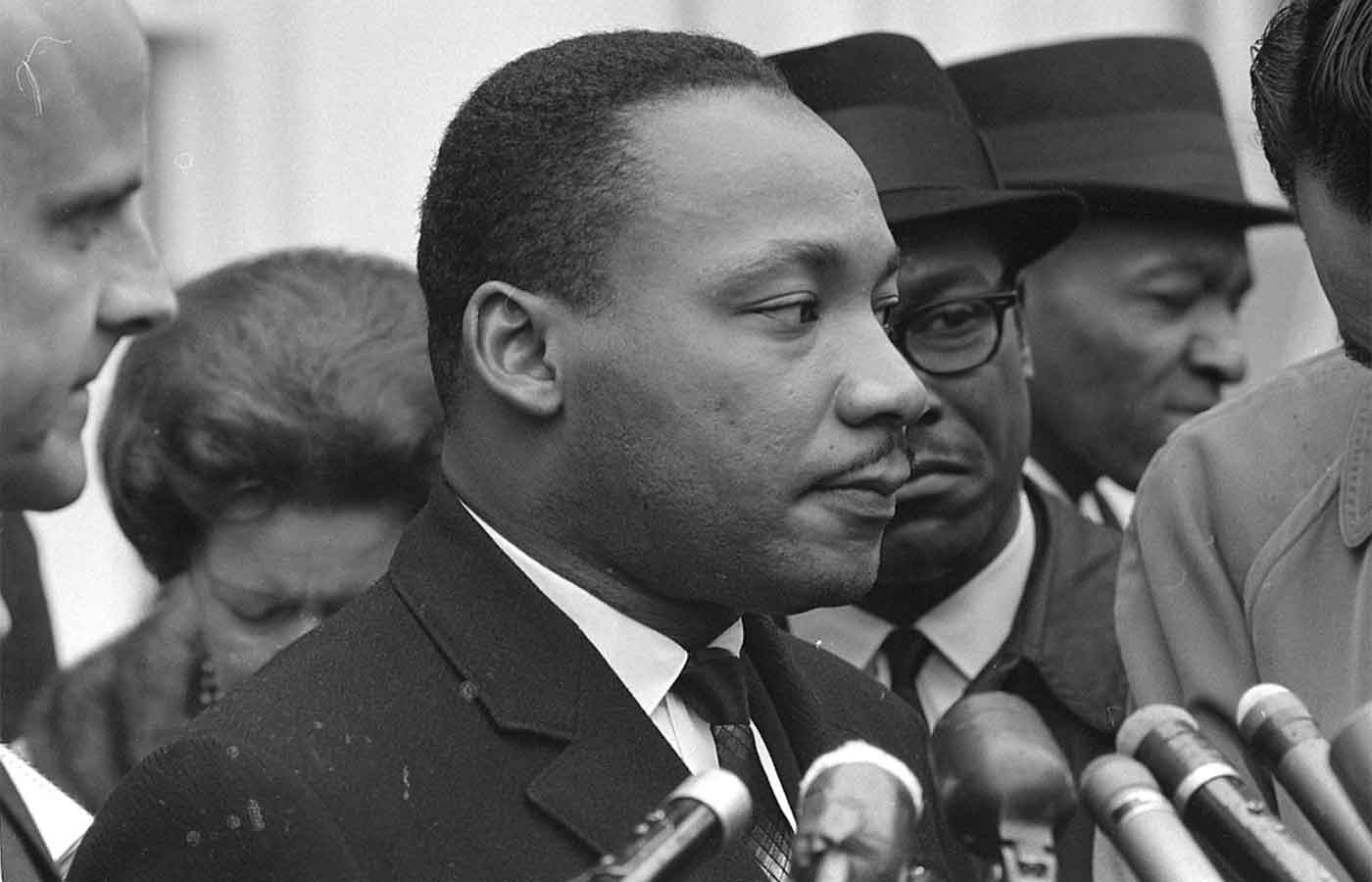News
Hope is Not a Plan–The True Legacy of Martin Luther King Jr. and His Influence on Modern Conflicts

The legacy of Dr. Martin Luther King Jr. cannot be boiled down to a quote on a refrigerator magnet or a bumper sticker.
Doing so diminishes the power of truly understanding the struggles of Black Americans, sitting with the discomfort of it, and taking action. Denise François-Seeney, Ph.D., explored this theme and more during this year’s MLK Day Keynote Lecture on the significance of Dr. King’s works.
“Some of the same people who use Dr. King’s words are the very same people who would deny fellow citizens the unalienable rights of being able to use their voice and partake in free and fair elections,” said François-Seeney, dean of the School of Business and Industry at Northampton Community College.
She argued that we must push back against teaching the feel-good narrative of King’s legacy. Doing so, she said, conceals the truth of America’s unfair treatment of people of color, as well as existing biases within the minds of Americans and our political, economic, and social systems.
While Dr. King worked to promote positive change on a large scale, one of his primary concerns was to engage individuals who are ethical but refuse to demand a just society. François-Seeney connected this notion with modern-day conflicts.
“When I look at current events and I look at my son, I say to myself, is this déjà vu? History will have to record that the greatest tragedy of this period of this social transition was not the strident clamor of the bad, but the appalling, and I’d add deafening, silence of the good people.”
According to François-Seeney, we must follow Dr. King’s example and believe that justice can be achieved, then put in the work necessary to achieve it. This requires reflecting on biases, unlearning bad behavior, and listening to those who raise their hand and say that they’re hurting. It’s about asking questions in the spirit of education and having difficult conversations without twisting the conversation and making it about ourselves.
“Anyone who wants to keep centering themselves in the conversation, tell them to stop. It’s not about you. I don’t necessarily want to hear that you had a Black friend when you were in sixth grade because, you know, what is that doing for us now?”
François-Seeney reminds us that hope is not a plan. While we must have faith and a vision for a future we have never seen, she emphasized that we must work hard to achieve the promises defined in the Declaration of Independence and the Constitution—promises which apply to all Americans regardless of color.
“King reminds us we are personally responsible for becoming more ethical or creating a more ethical society than the society we grew up in. We can’t go back and change the beginning, but change happens when ordinary people get involved, get engaged, come together, and demand it.”
Leffler, W. K., photographer. (1963) Martin Luther King, Jr., head-and-shoulders portrait, facing right, at microphones, after? meeting with President Johnson to discuss civil rights, at the White House,/ WKL. Washington D.C, 1963. Dec. 3. [Photograph] Retrieved from the Library of Congress, https://www.loc.gov/item/2011648312/.





